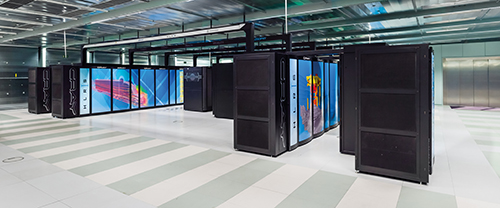
Training: One of the primary objectives of our initiative is to enhance the HPC skills within the INAF community. To achieve this, we propose establishing an annual “INAF (HP)C school” focusing on relevant topics. This school could consist of either a single event or multiple sessions throughout the year, each dedicated to specific themes such as distributed-memory parallelism, shared-memory parallelism, code optimization, algorithms, and other pertinent subjects. While the school will be open to all members of INAF, priority will be given to younger colleagues to foster their professional development.
Research: Our initiative also aims to drive research activities in the realm of HPC, particularly in areas relevant to INAF’s scientific endeavors. We envision a collaborative approach to research, focusing on several key objectives:
- Elevating the quality of codes produced by the community through targeted support and enhancement efforts.
- Assisting colleagues in profiling their codes and identifying strategies to improve performance and capabilities.
- Establishing a research team to explore algorithms and methods pertinent to INAF’s scientific research, including:
- Developing new algorithms and parallel implementations.
- Investigating emerging technologies such as GPUs, FPGAs, and vector processors, as well as heterogeneous computing paradigms like OpenACC, OpenMP, and SYCL.
- Optimizing codes for emerging exascale architectures.
It’s important to note that many of these research activities are already underway at the individual or local group level within INAF. Our goal is promoting active collaboration and knowledge-sharing to amplify our research impact and efficiency.
Career Progression: Recognizing the demanding nature of HPC research, we acknowledge the importance of ensuring that individuals pursuing this path receive due recognition within INAF. We commit to addressing this issue transparently and collaboratively, engaging with INAF leadership to discuss career progression for HPC researchers.
Coordination:
Luca Tornatore (INAF – OATs)